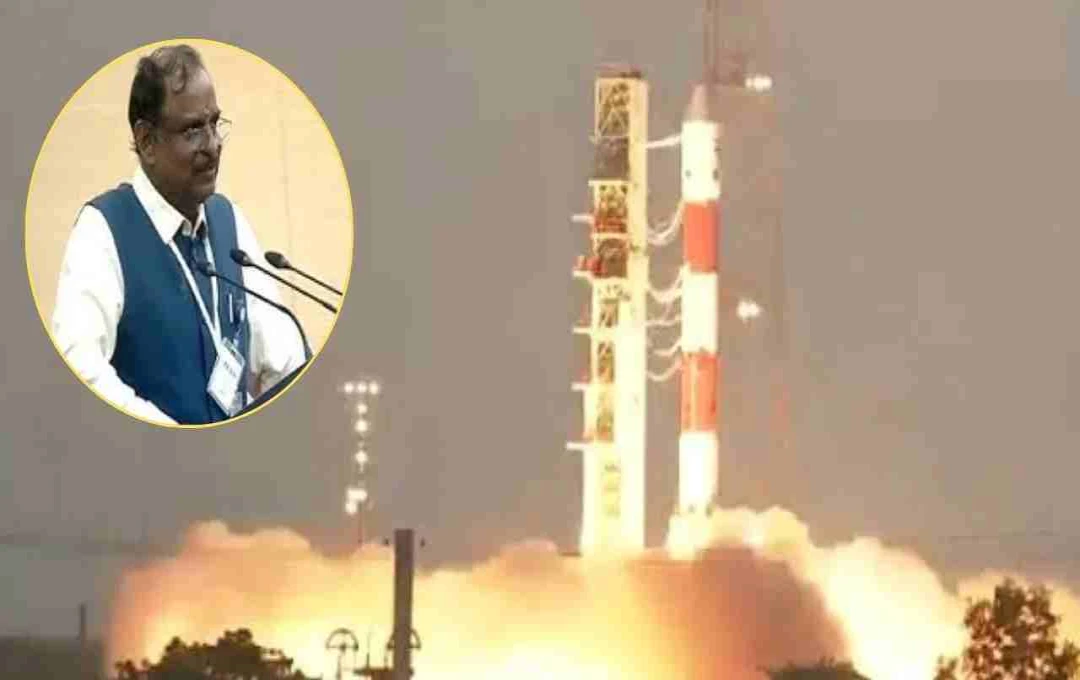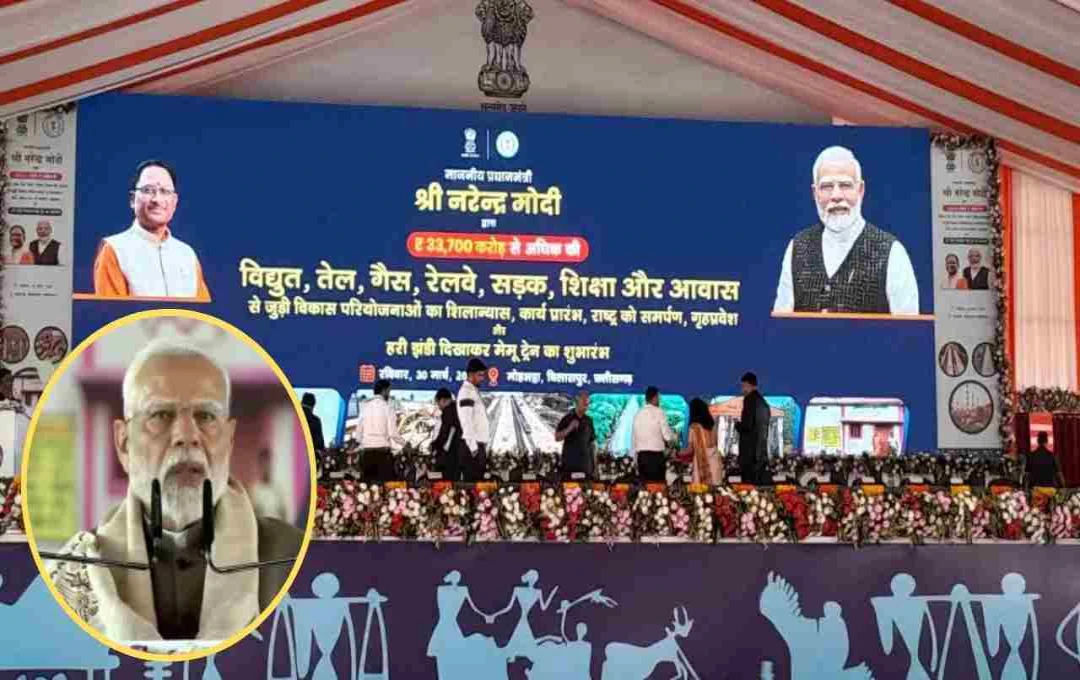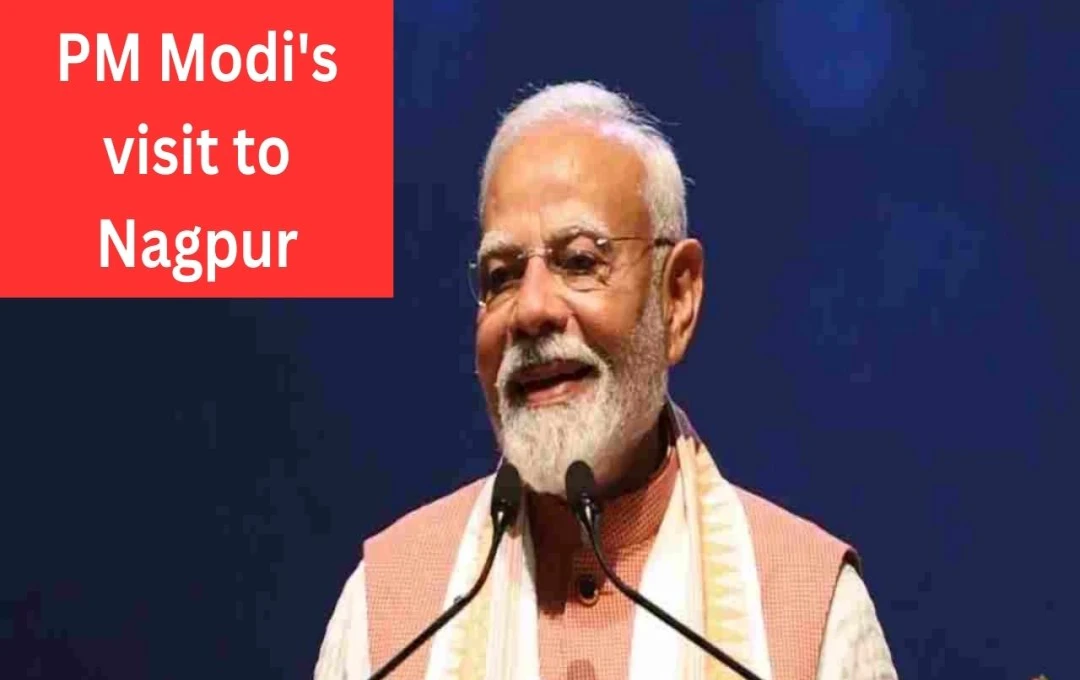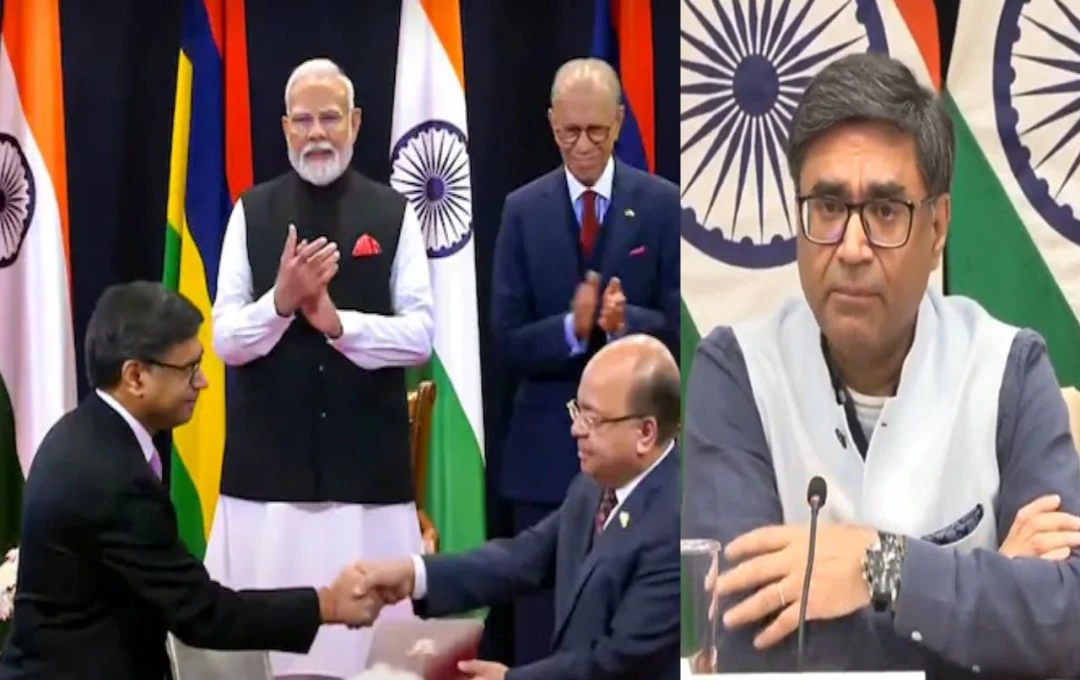ISRO's attempt to launch the EOS-09 satellite has unfortunately failed. Reports indicate a technical malfunction during the third stage of the launch, resulting in mission failure. The mission aimed to deploy EOS-09 for Earth observation purposes.
Sriharikota: The Indian Space Research Organisation (ISRO) has faced a significant setback. The much-anticipated EOS-09 (Earth Observation Satellite-09) mission suffered a failure due to a technical anomaly in the third stage of the PSLV-C61 rocket. The launch took place at 5:59 AM on Saturday from the Satish Dhawan Space Centre in Sriharikota, Andhra Pradesh.
Third Stage Malfunction Halts Mission
ISRO Chairman, V. Narayanan, announced the mission's failure, stating that while the first and second stages of EOS-09's launch proceeded nominally, technical issues arose in the third stage, preventing the satellite from reaching its intended orbit. He added that a data-driven analysis of the entire process will be undertaken to determine the root cause of the malfunction.
EOS-09: A Crucial Earth Observation Mission
EOS-09 was planned for deployment into a Sun Synchronous Polar Orbit. The satellite was designed for high-quality imaging of the Earth's surface. Its objective was to provide regular and accurate data for applications in agriculture, environmental monitoring, urban planning, and defense through remote sensing.
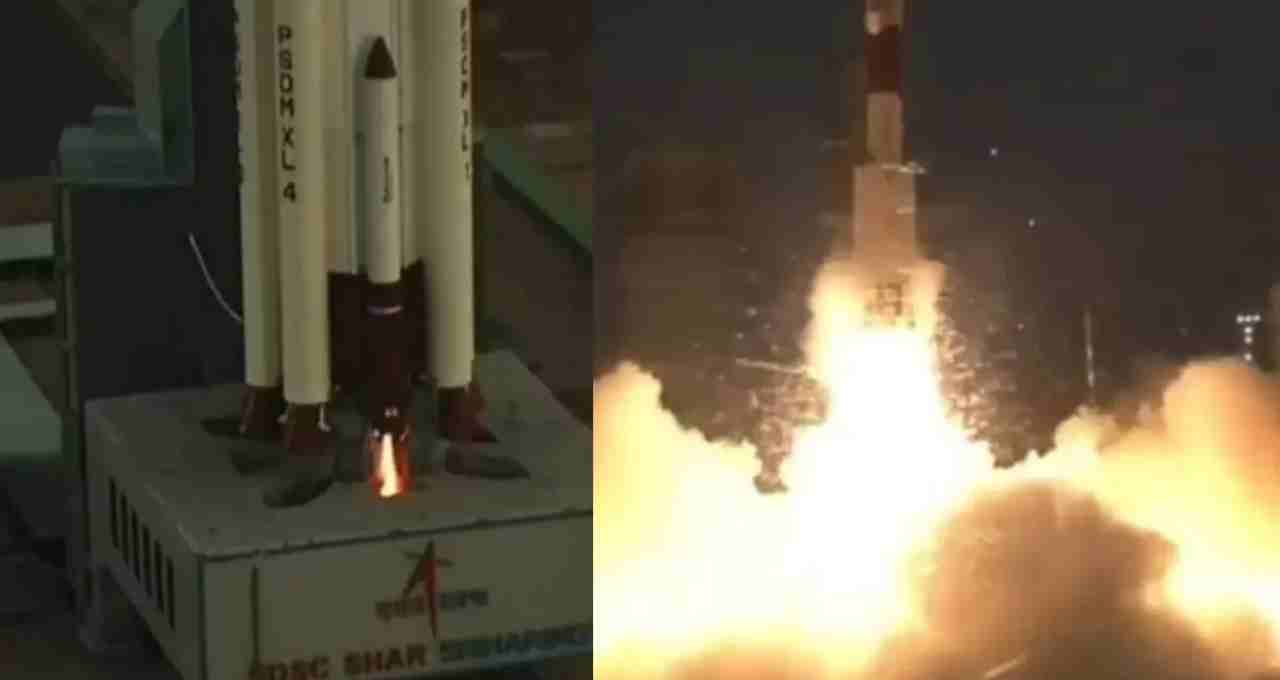
EOS-09 was equipped with state-of-the-art radar imaging technology, capable of operating day and night, in all weather conditions. Significantly, it could provide clear, high-resolution images even in adverse conditions such as cloud cover, fog, or darkness. The satellite's capabilities would have been extremely valuable in providing accurate geospatial information to India.
Strategic Importance for Defense Sector
This mission held considerable strategic importance. EOS-09 was considered a vital tool for monitoring national borders, detecting illegal activities, assisting in counter-terrorism operations, and mapping strategically sensitive areas. It would have provided real-time imagery and intelligence data to the military, strengthening national security.
Although the PSLV has been considered the most reliable launch vehicle to date, this failure highlights the need for continuous monitoring and improvement even in cutting-edge technologies. Former ISRO chiefs have emphasized that failures in space missions offer valuable lessons, paving the way for improvements in future endeavors.
ISRO to Re-analyze Mission
ISRO scientists will now meticulously study all technical data related to this failed mission. Experts believe this is a temporary setback and that the organization will quickly recover and move forward with renewed vigor. Missions like EOS-09 are crucial for the future and play a significant role in making India self-reliant.
